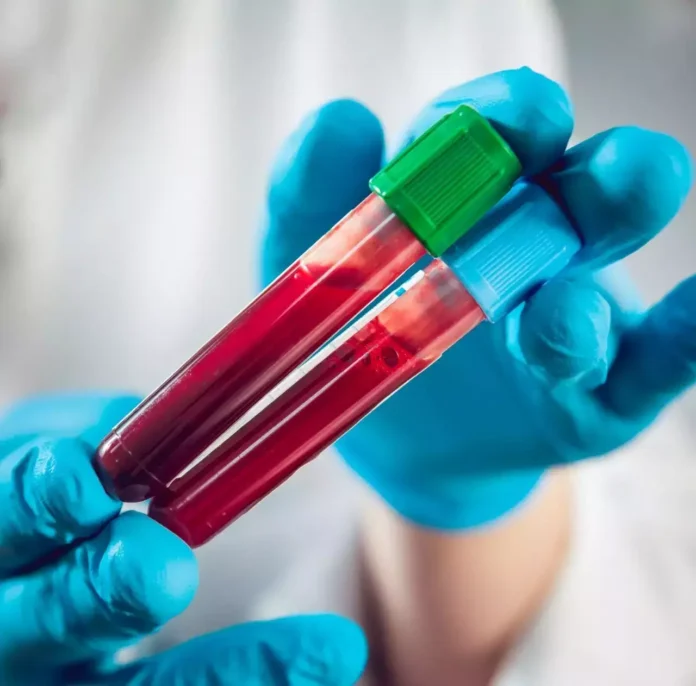When used with an online mental examination, a Cambridge blood test can diagnose 30% of bipolar disorder patients. The test may help doctors distinguish bipolar disorder from major depressive illness.
A simple blood test has been developed by researchers at the University of Cambridge to improve bipolar illness diagnosis when combined with an online mental exam. The test, which can detect up to 30% of bipolar disorder patients, was found to be faster and more accurate than a computerized mental health assessment. Biomarker testing could help doctors distinguish major depressive illness from bipolar disorder, which have similar symptoms but different treatments. The study, published in JAMA Psychiatry, revealed that the blood test could complement psychiatric diagnosis and assist researchers in understanding the biological roots of mental health disorders.
An estimated 80 million people worldwide have bipolar disorder, with 40% misdiagnosed with severe depressive disorder. The Delta study, conducted between 2018 and 2020, used an online mental health evaluation for over 3,000 individuals, including prior or current depressive episodes, generalized anxiety, manic symptoms, family history, and substance usage. The researchers detected a biomarker signal for bipolar disorder even after controlling for medication. The biomarkers were mostly linked with lifetime manic episodes and validated in a second group of patients who were newly diagnosed with major depressive disorder or bipolar disorder during the one-year follow-up.
The researchers recommend using both approaches because they are complementary. Some patients preferred the biomarker test due to its objective result.
Conclusion
Cambridge researchers have developed a blood test that can improve bipolar illness diagnosis when combined with an online psychiatric exam. The test could diagnose 30% of bipolar disorder patients, but a computerized mental health assessment improved its accuracy. The test could help doctors distinguish between major depressive illness and bipolar disorder, which have similar symptoms but require different medications. The Delta study, conducted in the UK between 2018 and 2020, used samples and data to diagnose bipolar illness in individuals with major depressive disorder within five years and present depressed symptoms.



